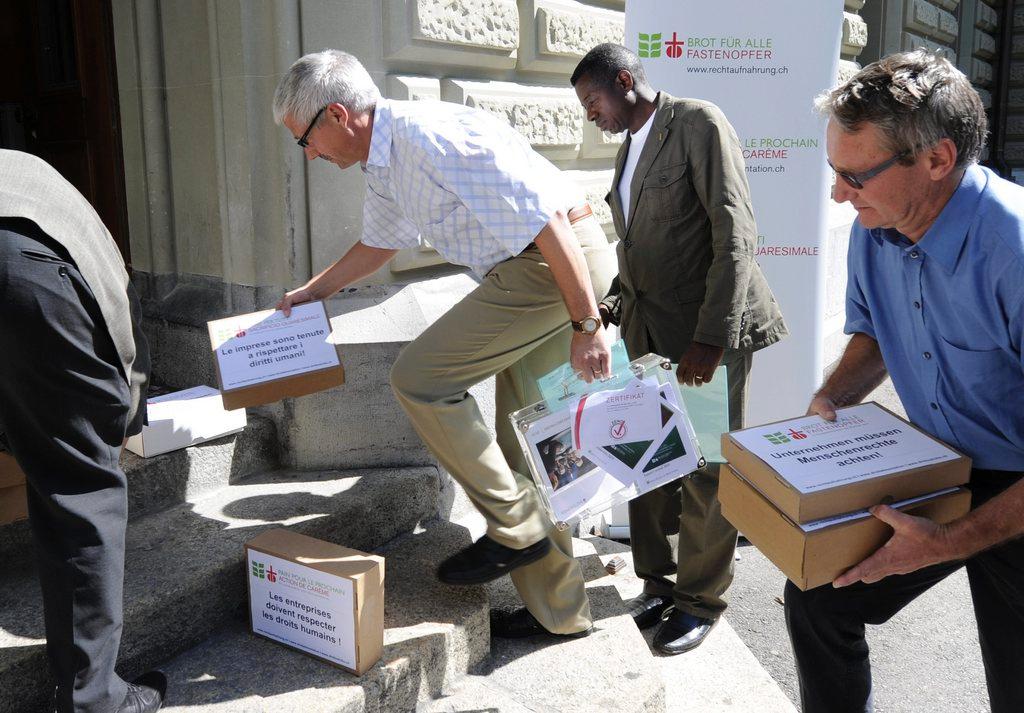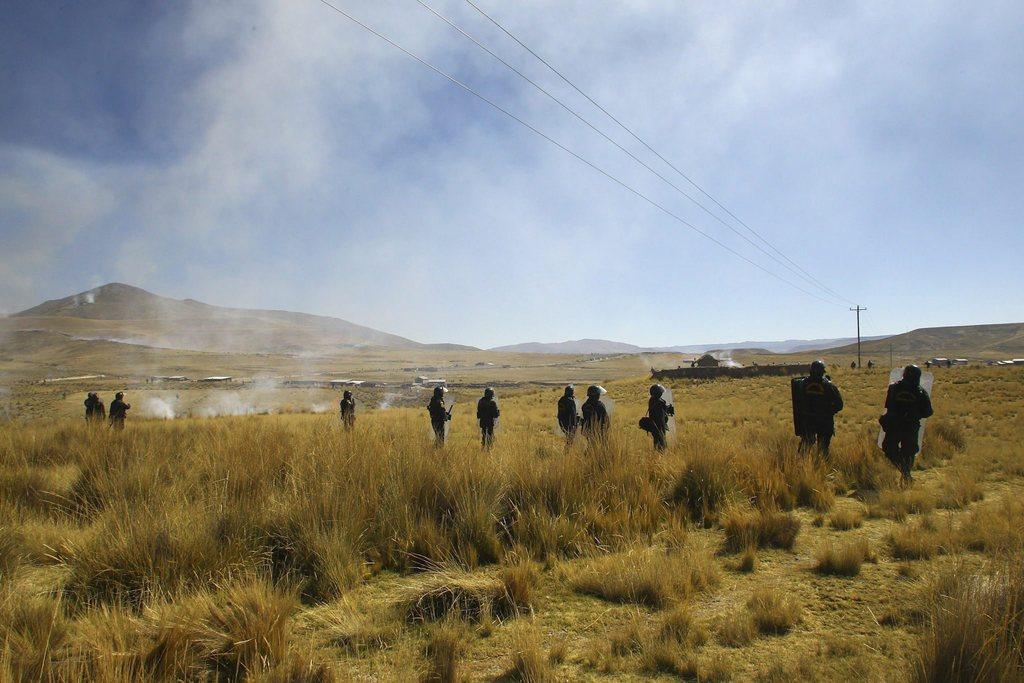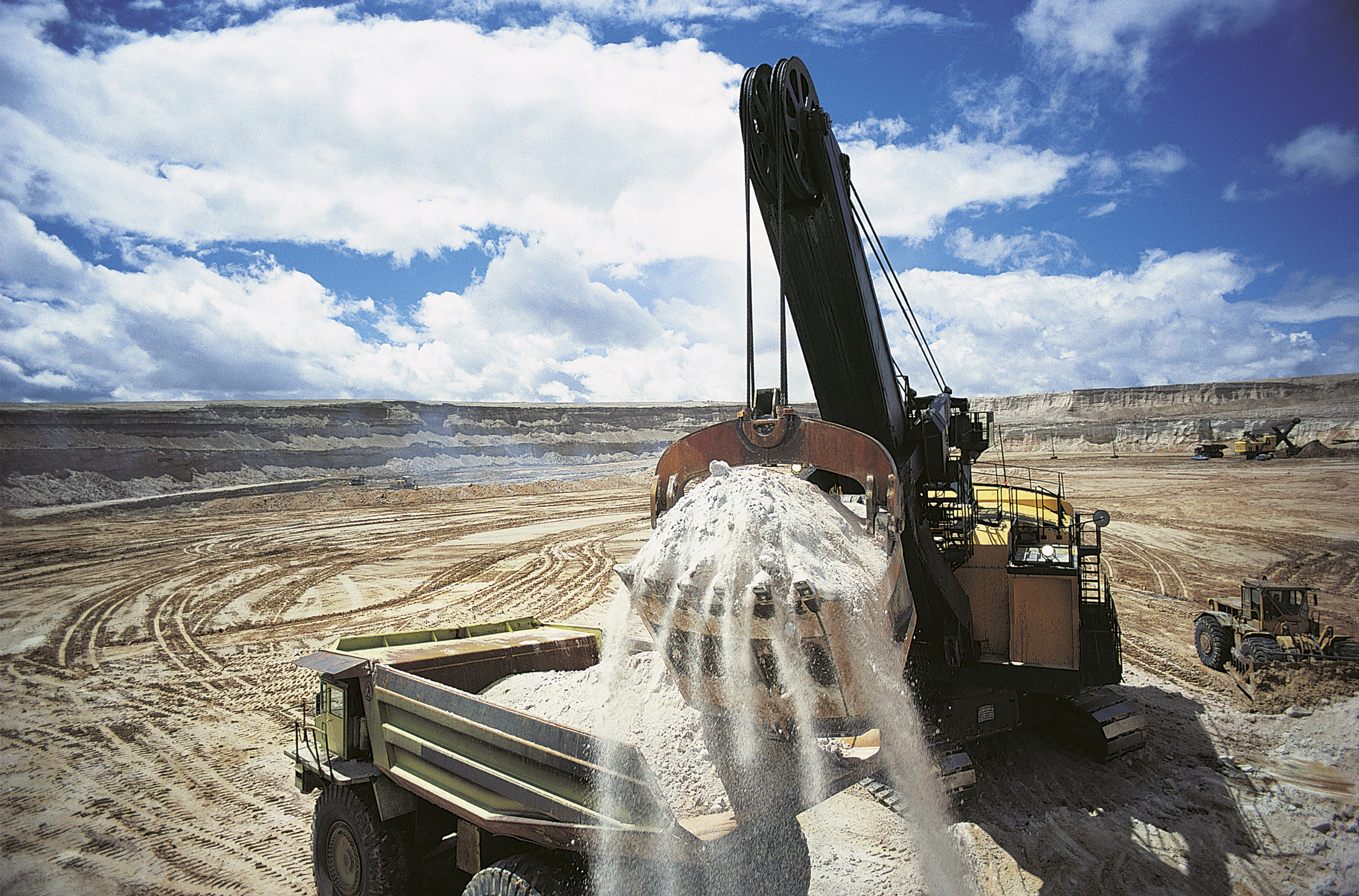Vitol defends South Africa mining record

Two groups called a news conference on Monday to release a report criticising the human rights record of Vitol, the world’s largest independent energy trader, and one of its suppliers, Australia’s Coal of Africa Limited (CoAL). But Vitol told swissinfo.ch the report’s conclusions are all wrong.
The report says the companies are involved in South African coal mining that could pose a danger to people’s rights to water, work and health.
“This case study demonstrates that trading activities in Switzerland can be linked with negative human rights impacts abroad”, concludes the report from Bread for All, part of the Protestant Church in Switzerland, and the Bench Marks Foundation, which runs a South African research center and school.
But while the report says Vitol has not implemented United Nations’ voluntary guiding principles on business and human rights, it also finds that even when voluntary initiatives are undertaken by other firms they “are not sufficient to prevent the involvement of Swiss companies, including traders, in negative human rights impacts.”
Vitol said the report’s conclusions “are wrong, and based on a combination of ignorance of and misunderstanding of the facts”. It provided a copy of the letter it sent to Bread for All last week saying it has no influence or “leverage” over CoAL’s operations in South Africa because it only holds 1.4 percent of the company’s shares.
Yvan Maillard Ardenti, programme officer with Bread for All, told swissinfo.ch that Vitol could use its marketing memorandum of understanding with CoAL as leverage. Vitol disputed that, however, saying its role as “exclusive marketing agent” for CoAL doesn’t provide the leverage human rights campaigners envision because all existing exporters can continue to export, as can any other equity holders in the company.
Switzerland’s status as a hub for commodity trading is well-established, and the cabinet has noted that traders could harm the reputations of their companies and even the entire country if they do not respect human rights and environmental standards internationally.
John Capel, executive director of Bench Marks, told reporters his group opposes coal mining in South Africa because it drastically alters the landscape, consumes large quantities of water and spreads pollution from methane, carbon monoxide, dust and coal particles and large mountains of solid waste.
South Africa, according to Capel, either can’t or won’t police large companies like Vitol on its own and must do a better job of informing the public of the harmful impacts. “Although we have some progressive legislation, we don’t have the capacity to implement that legislation”, he said. “South Africa has a very pro-mining policy.”
Ardenti said Bread for All has collected half of the 100,000 signatures needed to call for a nationwide vote on the issue in Switzerland, and expects to get the rest within a month so that a vote could be held within several years.
Last week, the government rubber-stamped a status report on efforts to improve regulation for the Swiss commodities industry. NGOs have also slammed these largely self-governing measures as being too weak.

In compliance with the JTI standards
More: SWI swissinfo.ch certified by the Journalism Trust Initiative











You can find an overview of ongoing debates with our journalists here . Please join us!
If you want to start a conversation about a topic raised in this article or want to report factual errors, email us at english@swissinfo.ch.